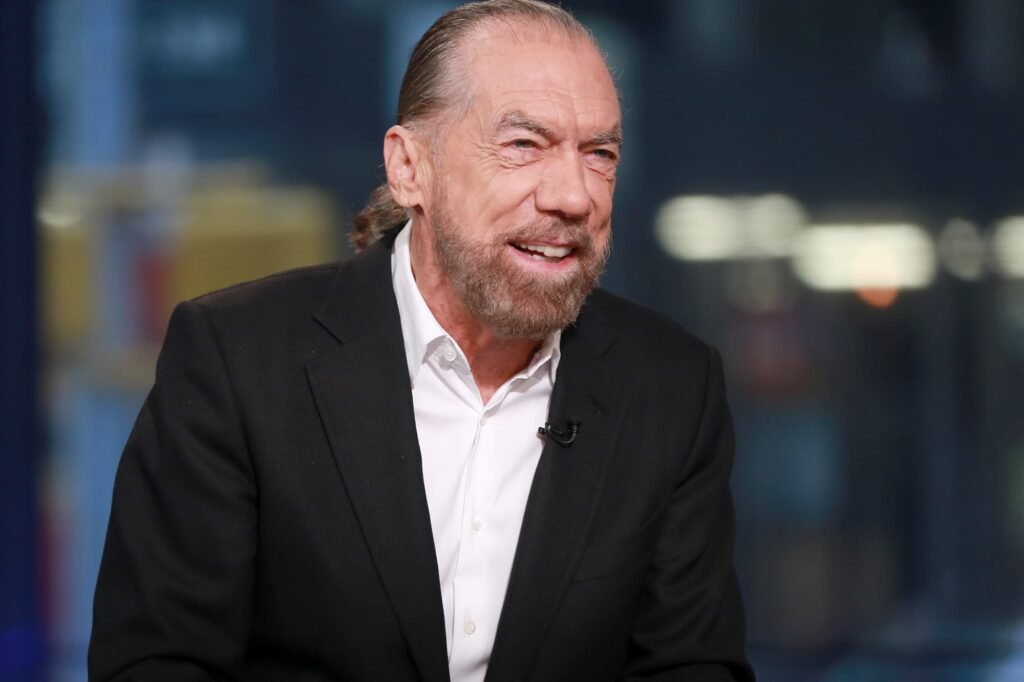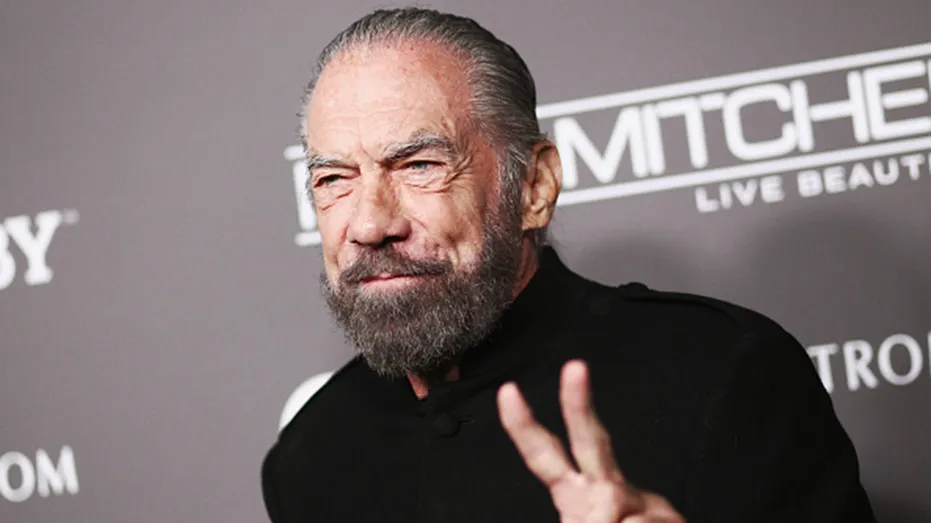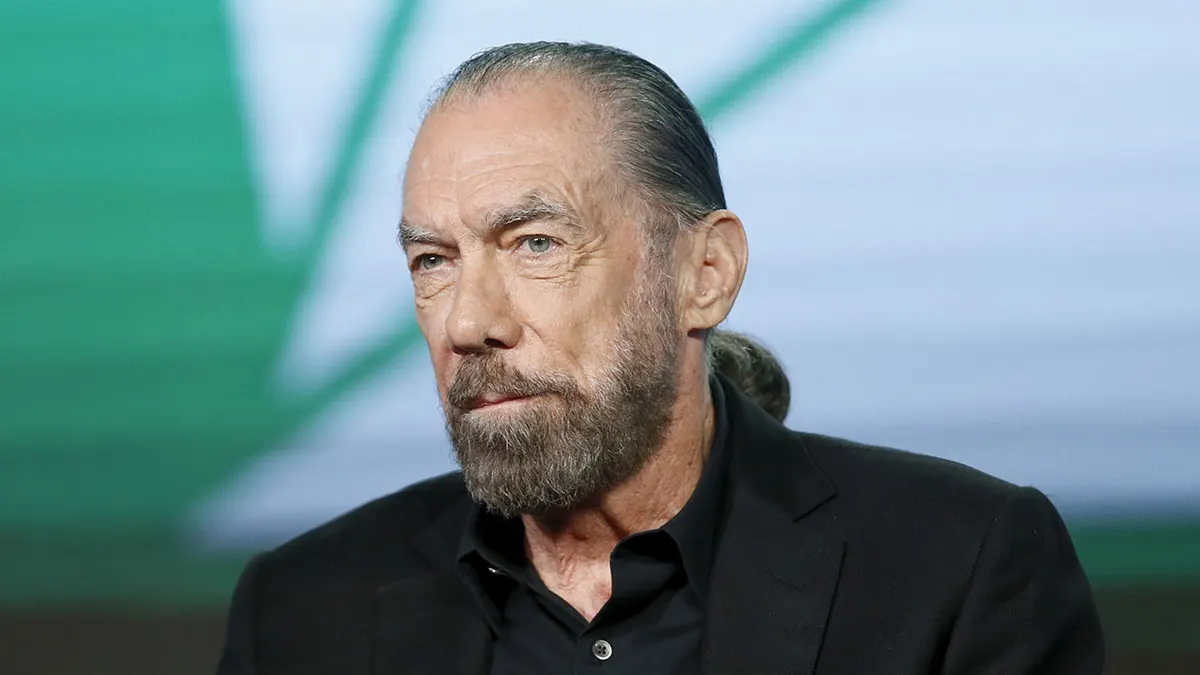If you’ve heard about the Paul Mitchell hair loss lawsuit, you might be wondering if it could impact your hair care routine. This lawsuit raises concerns about whether Paul Mitchell products could be linked to hair loss for some users. In this article, we’ll explain the details of the lawsuit, the key claims, and what …
If you’ve heard about the Paul Mitchell hair loss lawsuit, you might be wondering if it could impact your hair care routine. This lawsuit raises concerns about whether Paul Mitchell products could be linked to hair loss for some users.
In this article, we’ll explain the details of the lawsuit, the key claims, and what it means for consumers. By the end of this post, you’ll be well-informed on the issue and know what steps to take if you’ve been affected.

What is the Paul Mitchell Hair Loss Lawsuit About?
The Paul Mitchell hair loss lawsuit centers around claims that some of the brand’s products caused hair thinning or hair loss in users. Consumers have alleged that certain ingredients in the shampoo or hair care lines contributed to these problems, leading to legal action. The lawsuit raises questions about consumer safety and the effectiveness of the products.
Overview of the Lawsuit
The lawsuit involves claims from consumers who reported hair loss after using Paul Mitchell hair care products. These claims suggest that ingredients used in their shampoos, conditioners, and other treatments might be causing unintended side effects like hair thinning or scalp irritation.
Who Filed the Lawsuit?
A group of consumers who experienced hair thinning after using Paul Mitchell products has filed the lawsuit. These individuals claim that the products were marketed as safe but led to noticeable hair loss. The plaintiffs argue that the brand did not adequately disclose the potential risks associated with certain ingredients.
Alleged Issues with Paul Mitchell Products
The central issue in this lawsuit is the potential link between certain chemicals and hair loss. Some ingredients in Paul Mitchell products, such as sulfates and artificial fragrances, are believed to contribute to scalp irritation and thinning hair. The lawsuit suggests that these ingredients may disrupt the natural growth cycle of hair follicles, leading to hair loss in certain individuals.
Key Claims in the Paul Mitchell Hair Loss Lawsuit
Several key claims have emerged in this lawsuit, focusing on specific ingredients and their adverse effects on users’ hair and scalp health.
Harmful Ingredients Alleged to Cause Hair Loss
The plaintiffs have pointed to certain chemicals, like sulfates, parabens, and artificial fragrances, as potential contributors to hair thinning. Sulfates, for example, are known to strip the scalp of its natural oils, which can lead to dryness and irritation. This can make hair follicles more vulnerable to damage and contribute to hair loss over time.
Consumer Experiences and Testimonials
Many consumers have shared their personal experiences with hair loss after using Paul Mitchell products. Some have reported noticing increased shedding, thinning, and an overall lack of hair growth. These testimonials are central to the lawsuit, as they help build the case that these products caused harm to users’ hair health.
Legal Arguments Presented in Court
In the lawsuit, the plaintiffs argue that Paul Mitchell failed to warn consumers about the risks associated with its products. The plaintiffs claim that the brand’s marketing was misleading, portraying its products as safe for all hair types without sufficient disclosures regarding possible side effects.
Impact of the Paul Mitchell Lawsuit on the Brand
The Paul Mitchell hair loss lawsuit has had significant effects on both the brand’s reputation and its business operations.
Effect on Consumer Trust
The lawsuit has raised concerns among current and potential customers about the safety of Paul Mitchell products. Consumers may now be questioning whether they can trust the brand, which could lead to decreased sales and a loss of customer loyalty. Trust is crucial in the beauty and personal care industry, and this lawsuit may take a toll on the company’s image.
Changes to Paul Mitchell’s Product Line or Formulations
In light of the lawsuit, Paul Mitchell may be forced to reconsider the formulations of its hair care products. It is possible that the brand will reformulate its shampoos and conditioners to remove harmful ingredients, or even create new lines that focus on scalp health and prevent hair loss. This could be a proactive step in restoring consumer confidence.
Legal and Financial Consequences for Paul Mitchell
While the outcome of the lawsuit is still pending, the brand could face significant financial and legal consequences. A ruling against the company could result in compensatory damages to the plaintiffs, as well as stricter regulations regarding ingredient disclosures and marketing practices.
What Are the Legal Implications of Hair Loss Lawsuits?

Hair loss lawsuits like the one against Paul Mitchell often lead to important legal discussions about consumer protection, product liability, and the safety of ingredients used in personal care products.
Common Legal Issues in Hair Loss Lawsuits
Legal challenges in hair loss cases typically revolve around proving that the product caused the harm. Consumers must demonstrate that the product’s ingredients were harmful and that the brand failed to adequately warn them about potential risks. The evidence presented can include consumer testimonials, expert opinions, and scientific studies on product ingredients.
Statute of Limitations and Eligibility for Filing a Claim
It’s important to note that hair loss lawsuits are subject to a statute of limitations. In many cases, individuals must file their claim within a set period after they first notice the effects of the product. If you believe you have experienced hair loss due to Paul Mitchell products, it’s crucial to consult with a legal expert to determine if you are eligible to file a claim.
Potential for Class Action Lawsuit
Given the number of people potentially affected by this issue, there is a possibility that the Paul Mitchell lawsuit could turn into a class action. Class actions allow many people with similar complaints to join together and file a lawsuit against the company. This could make it easier for consumers to seek compensation and hold the brand accountable.
Should You Be Concerned About Using Paul Mitchell Products?
If you’ve been using Paul Mitchell products and are worried about the lawsuit, here’s what you need to know.
Are Paul Mitchell Products Safe?
Most Paul Mitchell products are generally safe for use, but the lawsuit suggests that certain ingredients might not be suitable for everyone. If you have a sensitive scalp or have experienced hair thinning after using these products, you may want to reconsider using them until more information becomes available.
Alternatives to Paul Mitchell Products for Hair Care
If you’re concerned about hair loss, consider switching to products that are free from sulfates, parabens, and artificial fragrances. Brands like Aveda, Briogeo, and Ouai offer natural, gentle alternatives that promote scalp health and hair growth.
How to Choose Hair Products That Are Safe for Your Scalp
When choosing hair care products, always look for those labeled as free from harsh chemicals. Opt for products with natural ingredients like aloe vera, biotin, and tea tree oil, which nourish the scalp without causing irritation. Additionally, consult with a dermatologist or trichologist if you’re unsure about which products are best for your hair type.
Expert Opinions on Hair Loss Products and Lawsuits
Dermatologist and Hair Specialist Insights
Dermatologists often recommend avoiding products with harsh chemicals if you’re concerned about hair thinning. Dr. Rana Irfan, a dermatologist specializing in hair health, advises using gentle, organic products to prevent further damage to the hair follicles. Products with added vitamins like biotin can also support hair growth and health.
Legal Experts Weigh In
From a legal perspective, experts suggest that consumers should keep documentation of their experiences with Paul Mitchell products if they wish to pursue a claim. Legal experts recommend contacting an attorney who specializes in product liability cases to assess your situation.
What You Can Do If You’re Affected by Hair Loss from Paul Mitchell Products
Steps to Take if You’ve Experienced Hair Loss
If you’ve experienced hair thinning or loss after using Paul Mitchell products, it’s important to stop using the products immediately. Consult a dermatologist to assess your hair and scalp health, and keep records of your symptoms.
Contacting Legal Experts and Filing a Claim
If you believe you have been harmed by these products, contacting a legal expert who specializes in consumer protection can help you understand your options for filing a claim.
Monitoring Your Hair Health Moving Forward
Pay attention to how your hair and scalp respond to other products. If you continue to experience hair loss, a professional consultation may be necessary to determine the underlying cause.
FAQs
What Products Are Affected by the Lawsuit?
The lawsuit primarily concerns Paul Mitchell shampoos and conditioners, but it may extend to other products within the brand’s hair care line that contain the alleged harmful ingredients.
What Are the Chances of Winning a Hair Loss Lawsuit?
Winning a hair loss lawsuit depends on the strength of the evidence and whether it can be proven that the products caused the damage. Consumer testimonials and scientific studies will play a critical role in the outcome.
Can I File a Lawsuit If I Experienced Hair Loss from Paul Mitchell Products?
If you’ve experienced hair loss after using Paul Mitchell products, you may be eligible to file a claim. It’s best to consult with a legal expert to discuss the details of your case.
Ready To Take Your Next Step
The Paul Mitchell hair loss lawsuit raises serious questions about the safety of some of the brand’s products. If you’ve been affected, it’s important to take immediate steps, including seeking professional advice and exploring legal options.
If you’re concerned about hair loss, book a consultation with Dr. Uzma Irfan, an ISHRS-certified surgeon in Islamabad today to ensure the best care for your scalp and hair health.






